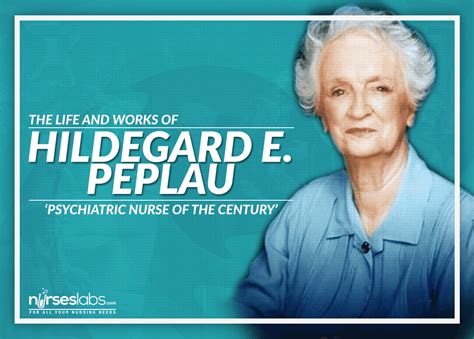A Quote by Richard Flanagan
The number of those identifying as Aborigine in Tasmania rapidly rose in the late 20th century.
Related Quotes
If you look at that incredible burst of fantastic characters that emerged in the late 19th century/early 20th century, you can see so many of the fears and hopes of those times embedded in those characters. Even in throwaway bits of contemporary culture you can often find some penetrating insights into the real world around us.
D-Day represents the greatest achievement of the american people and system in the 20th century. It was the pivot point of the 20th century. It was the day on which the decision was made as to who was going to rule in this world in the second half of the 20th century. Is it going to be Nazism, is it going to be communism, or are the democracies going to prevail?
Nursing has made great progress from being an occupation to becoming a profession in the 20th. Century. As the 21st. Century approaches, further progress will be reported and recorded in Cyberspace - The Internet being one conduit for that. Linking nurses and their information and knowledge across borders - around the world - will surely advance the profession of nursing much more rapidly in the next century
I was really interested in 20th century communalism and alternative communities, the boom of communes in the 60s and 70s. That led me back to the 19th century. I was shocked to find what I would describe as far more utopian ideas in the 19th century than in the 20th century. Not only were the ideas so extreme, but surprising people were adopting them.





































